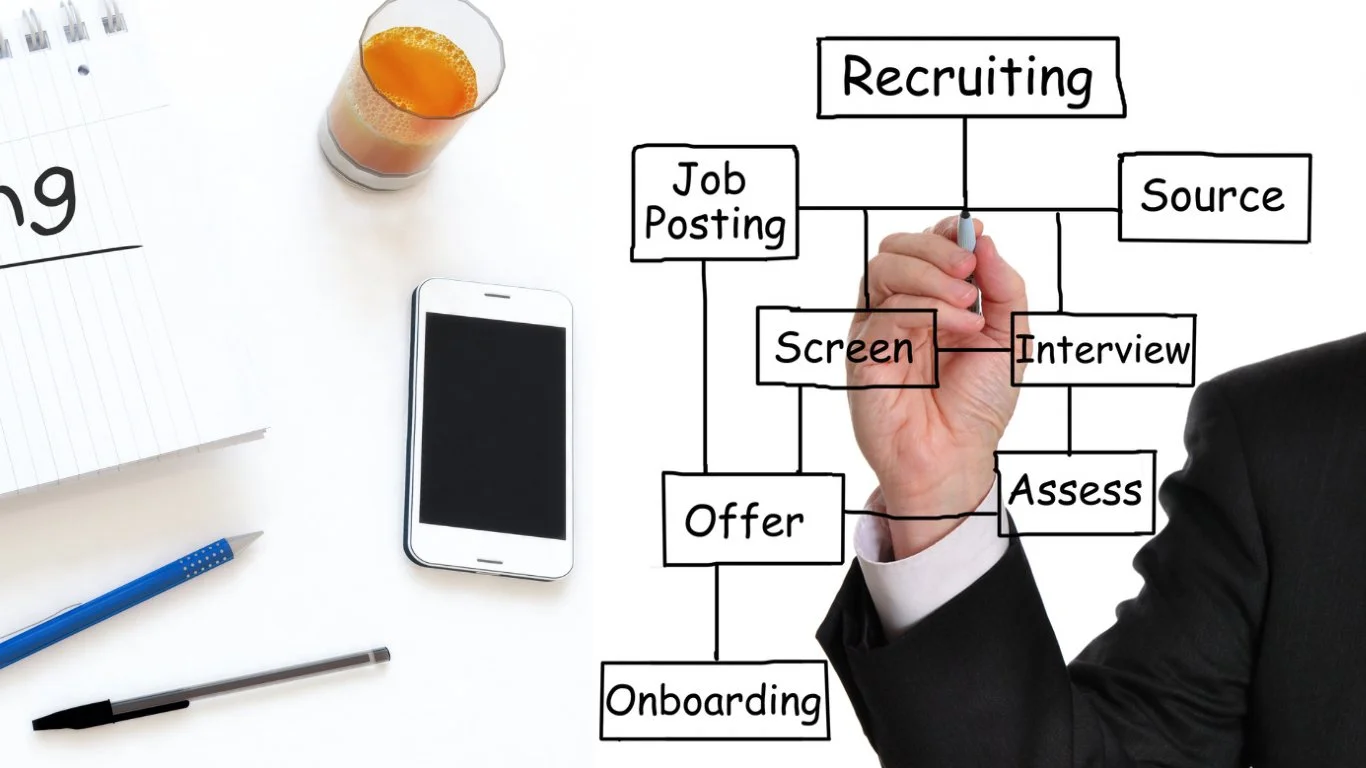Hiring Best Practices
By: Janna Pearman Jacobs
I’ve done a significant amount of hiring over my 35+ year career, sometimes building whole new teams, and these are a couple of my best practices.
First, don’t over delegate. This is an activity you will want to be involved with. Ideally, there is a screening process, and you are the final interviewer and approver. This will vary depending on the role and size of your team.
➢ Reason: Depending on the role, you are going to invest heavily in this person, and you want to hire someone who fits the culture and will grow with the organization. I always coach my managers to aim to hire “A” players because you will miss some and “B” players are great employees. Avoid aiming to hire “B” players because when you miss, you end up with a “C” player. There’s nothing wrong with a “C” player, but keep in mind, if the organization is growing, you will quickly outgrow the “C” player.
➢ In my experience: You assume everyone tries to hire the best. In reality, some roles require a lot of effort, and people involved become worn down or are threatened by hiring outside talent and settle. This results in a bad hire for the organization.
Second, follow a consistent process. Have a standard set of questions — for example, culture fit, soft skills (communication & attitude), hard skills, and experience. Try to keep the same people involved in the screening and interviewing process. And track candidate responses to interview questions.
➢ Reason: Depending on the role, you might screen and interview 5, 20, 50, 100+ people. Tracking allows you to compare candidates, but it also helps you refine your screening process and interview questions somewhat in real time. If the organization is spending time on bad candidates, you can use the tracker and recalibrate with the interview team to bring in better qualified candidates.
➢ In my experience: Following a consistent process will save time and money and result in higher quality hires.
Third, after the interview, poll everyone for a hiring decision – yes or no, and why.
➢ Reason: Polling the interview team allows you to calibrate with the team, holds people accountable, and creates buy-in.
➢ In my experience: Accountability and buy-in are essential because your team trains new hires. It’s even more critical if you are upskilling in an area; hiring outside talent over internal tenured employees can be threatening, create conflict, and lead to turnover. Generating buy-in from the beginning will help mitigate these issues. Your interview team will have “skin in the game”.
If you need help leading smarter as you grow, visit RKCMANAGEMENTCONSULTING.COM.
